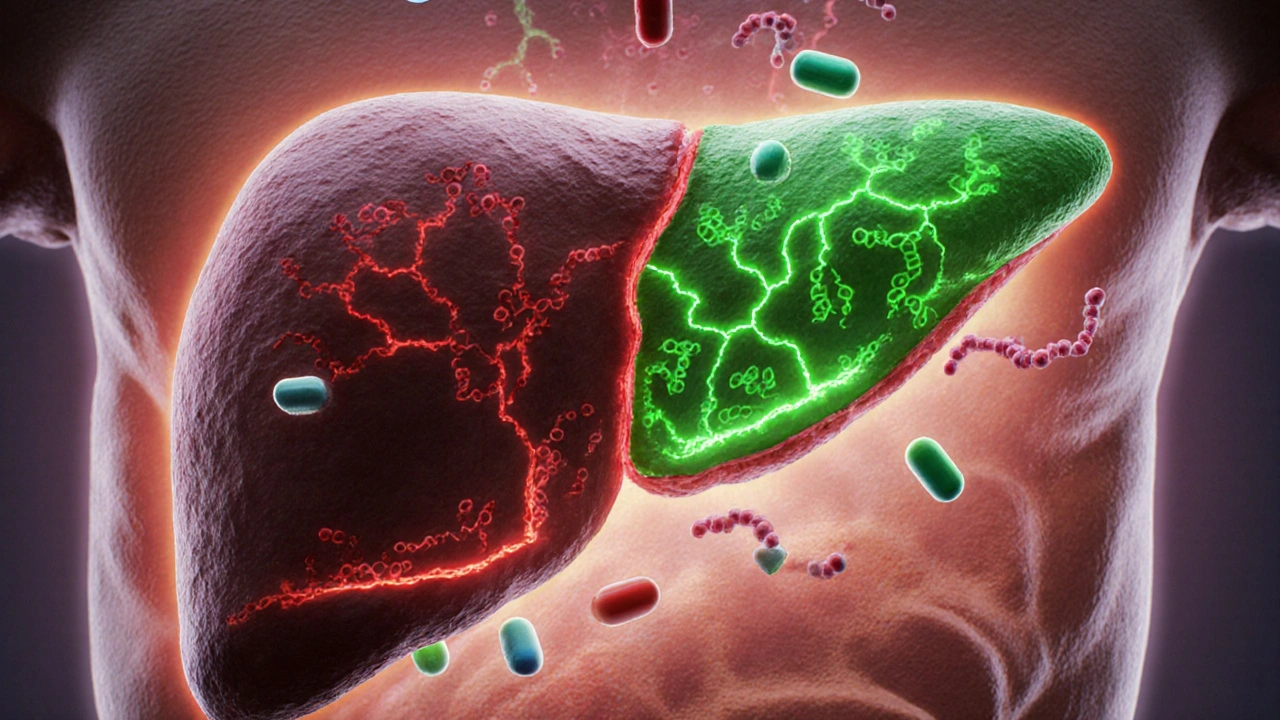CYP2C9: How This Enzyme Affects Your Medications and Health
When you take a pill, your body doesn’t just absorb it — it breaks it down. One of the main workers doing that job is CYP2C9, a liver enzyme that processes over 15% of commonly prescribed drugs. Also known as cytochrome P450 2C9, it’s one of the most important enzymes in how your body handles medications. If your CYP2C9 works too fast, the drug might not stick around long enough to help. If it’s too slow, the drug can build up and cause dangerous side effects.
This isn’t just theory — it’s personal. People with certain gene variants process drugs like warfarin, a blood thinner used to prevent clots completely differently. Some need half the normal dose. Others need more. The same goes for ibuprofen, a common painkiller, and even some SSRIs, antidepressants that rely on liver enzymes to break down. These aren’t rare cases. Studies show up to 20% of people carry a gene variant that changes how CYP2C9 works. That’s why two people taking the same drug, at the same dose, can have totally different results.
CYP2C9 doesn’t work alone. It’s part of a bigger system — the cytochrome P450 family — that includes enzymes like CYP2D6 and CYP2C19. These enzymes often handle the same drugs, and when one is slow or blocked, others may pick up the slack… or cause problems. For example, if you’re taking a drug that blocks CYP2C9, like fluconazole, your warfarin levels can spike overnight. That’s why doctors now look at your full medication list, not just the dose. It’s not just about what you take — it’s about how your body is built to process it.
That’s why genetic testing for CYP2C9 is becoming more common — especially for people on long-term meds. It’s not about guessing anymore. It’s about knowing. If you’ve ever had an unexpected reaction to a drug, or been told your dose needs adjusting without clear reason, your CYP2C9 status might be the missing piece.
In the posts below, you’ll find real-world examples of how CYP2C9 impacts treatment. From how it affects blood thinners and pain meds, to why some antidepressants work for one person but not another, these articles connect the science to what actually happens in your body. No jargon. No fluff. Just clear explanations of how your genes, your meds, and your liver interact — and what you can do about it.

